Essential Privacy Tools for Everyday Use: A Beginner’s Guide to Online Privacy
In today's digital age, protecting your online privacy is more important than ever. With the increasing number of cyber threats and data breaches, using essential privacy tools has become a necessity for everyday users. This article explores the most effective tools to safeguard your personal information, including VPNs, encryption methods, and secure browsing practices. Whether you're new to online privacy or looking to enhance your current setup, this guide will provide you with actionable insights and practical advice.
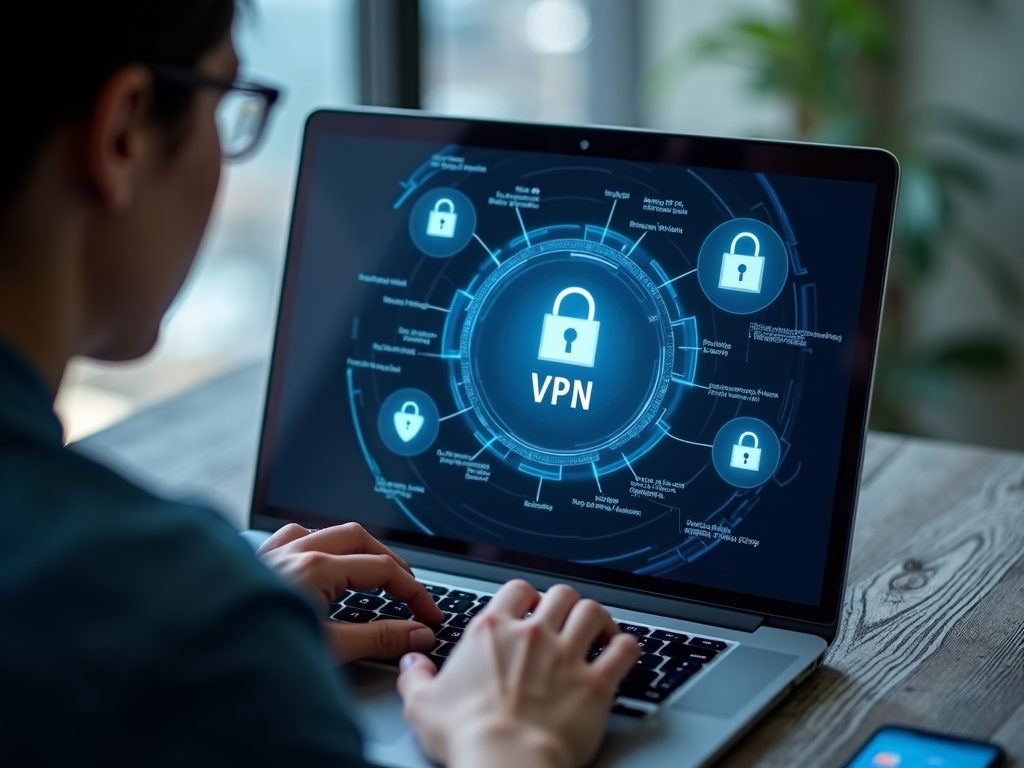
Why Online Privacy Matters
Online privacy is not just about hiding your activities; it's about controlling who has access to your personal information. Every time you browse the internet, your data—such as your location, browsing history, and even personal messages—can be tracked, collected, and potentially misused. This can lead to identity theft, targeted advertising, or even unauthorized surveillance. Understanding the importance of online privacy is the first step toward protecting yourself. By using the right tools, you can take control of your digital footprint and ensure your data remains private.
For more information on the importance of online privacy, check out this article from the Electronic Frontier Foundation, a leading organization in digital rights.
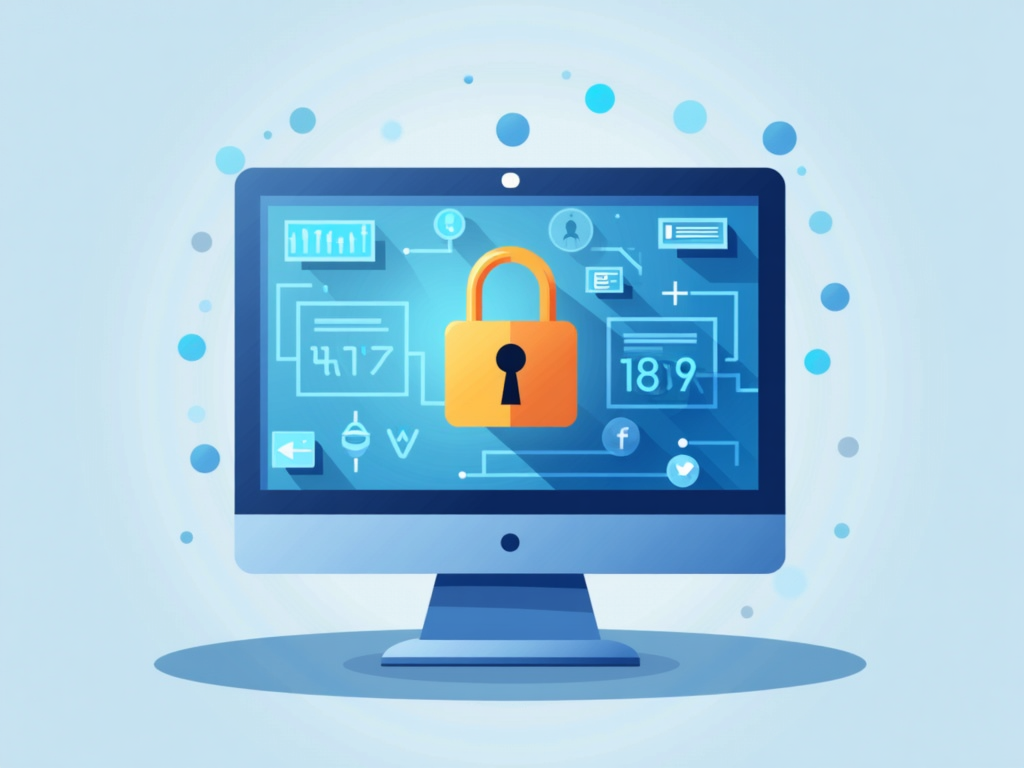
Essential Privacy Tools for Everyday Use
There are several tools that every internet user should consider to protect their privacy. These tools are easy to use and can significantly enhance your online security.
1. Virtual Private Networks (VPNs)
A VPN is one of the most effective tools for maintaining online privacy. It works by encrypting your internet connection and routing it through a secure server, masking your IP address and making it difficult for third parties to track your online activities. VPNs are especially useful when using public Wi-Fi networks, which are often vulnerable to hacking.
How to Set Up a VPN for Maximum Privacy: - Choose a reputable VPN provider that offers strong encryption and a no-logs policy. - Install the VPN software on your device and connect to a server in a location of your choice. - Ensure the VPN is always active when browsing the internet to maintain privacy.
For a deeper understanding of VPN encryption and security features, refer to this comprehensive guide from Stanford University.
2. Password Managers
Password managers are essential for creating and storing strong, unique passwords for all your online accounts. Using the same password across multiple sites can be risky, as a breach on one site could compromise all your accounts. A password manager generates complex passwords and stores them securely, so you don't have to remember them.
Tips for Using Password Managers: - Use a master password that is long and unique. - Enable two-factor authentication for added security. - Regularly update your passwords and check for any compromised accounts.
3. Encrypted Messaging Apps
Standard messaging apps may not provide adequate privacy, as messages can be intercepted or stored by service providers. Encrypted messaging apps, such as Signal or WhatsApp, use end-to-end encryption to ensure that only the sender and receiver can read the messages.
Why Use Encrypted Messaging: - Protects your conversations from eavesdroppers. - Ensures that even if data is intercepted, it cannot be read without the encryption key.
4. Secure Browsers
Using a secure browser is another crucial step in protecting your online privacy. Browsers like Brave or Firefox Focus are designed with privacy in mind, offering features such as built-in ad blockers, tracker prevention, and enhanced encryption.
Benefits of Secure Browsers: - Blocks third-party trackers and ads. - Prevents websites from collecting your browsing data. - Offers private browsing modes that don't store your history.
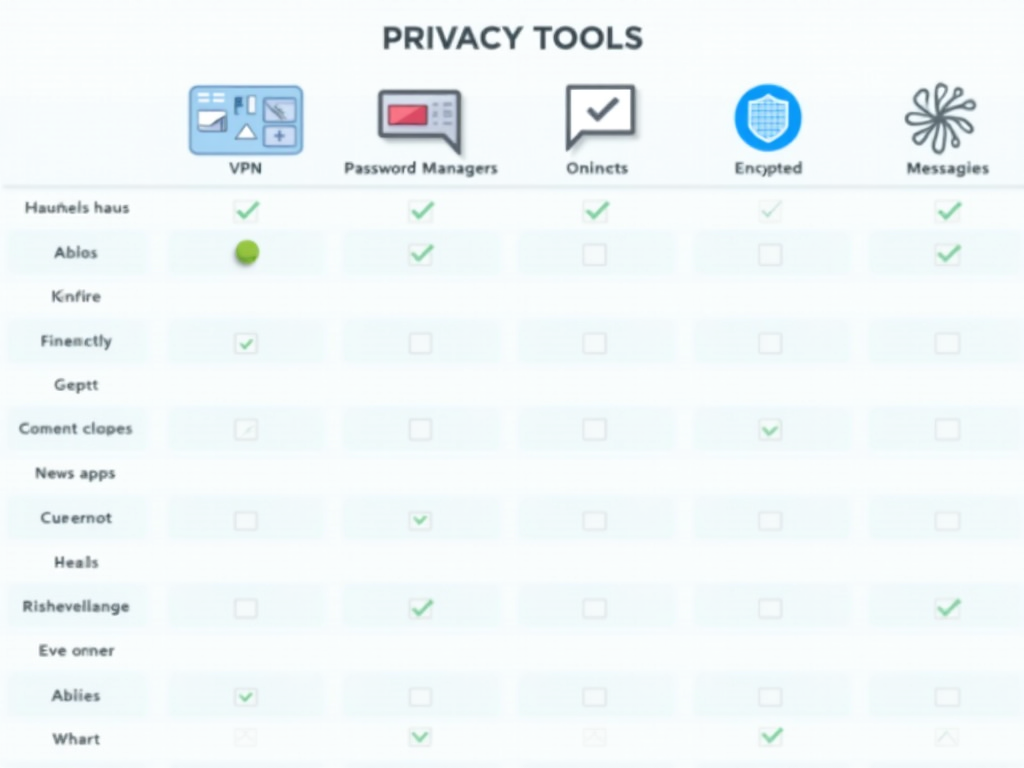
A Beginner’s Guide to Online Privacy
If you're new to online privacy, it can feel overwhelming at first. However, by starting with the basics and gradually incorporating more tools, you can build a strong privacy foundation.
Steps to Get Started: 1. Assess Your Current Privacy Settings: Check the privacy settings on your social media accounts, email, and other online services. Make sure you're not sharing more information than necessary. 2. Use Strong, Unique Passwords: Avoid using the same password for multiple accounts. Consider using a password manager to generate and store complex passwords. 3. Enable Two-Factor Authentication (2FA): 2FA adds an extra layer of security by requiring a second form of verification, such as a code sent to your phone. 4. Be Cautious with Public Wi-Fi: Avoid accessing sensitive information, like banking details, on public Wi-Fi networks. If you must, use a VPN to encrypt your connection. 5. Regularly Update Your Software: Keeping your operating system, apps, and antivirus software up to date helps protect against vulnerabilities.
For more beginner-friendly tips, visit this guide from the Federal Trade Commission.
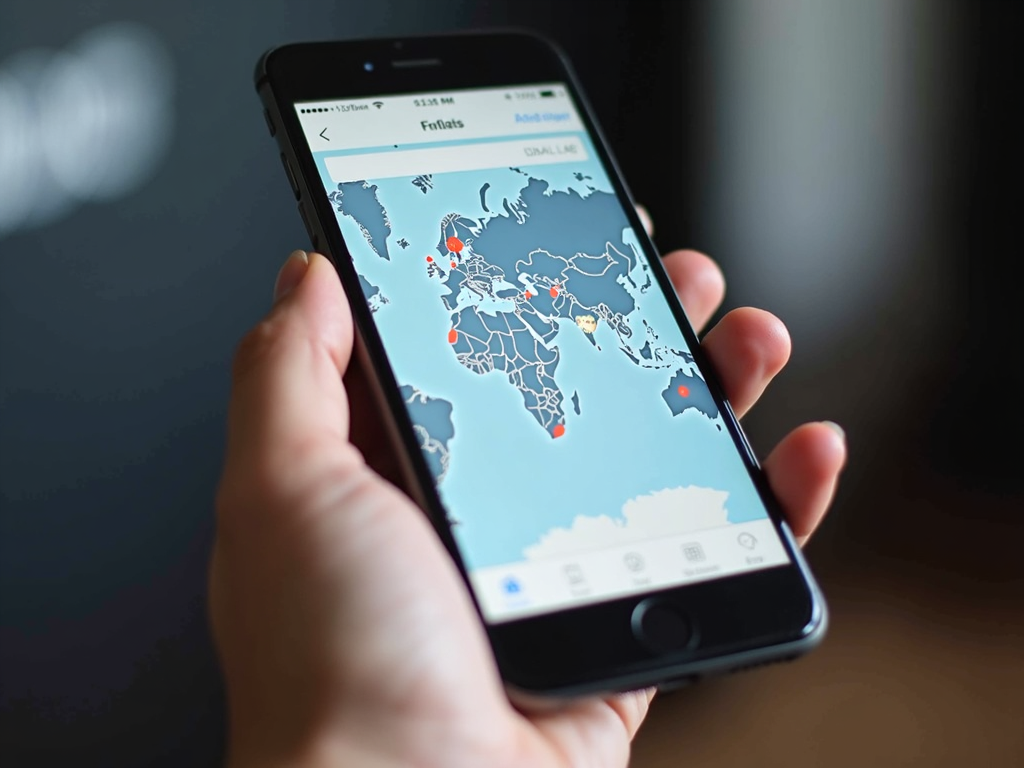
Understanding VPN Encryption and Security Features
VPNs are a cornerstone of online privacy, but not all VPNs are created equal. Understanding the encryption and security features of a VPN is crucial for choosing the right one.
Key VPN Features to Look For: - Encryption Strength: Look for VPNs that use AES-256 encryption, which is considered military-grade and virtually unbreakable. - No-Logs Policy: A no-logs policy ensures that the VPN provider does not store any data about your online activities. - Kill Switch: This feature automatically disconnects your internet if the VPN connection drops, preventing your data from being exposed. - Multi-Device Support: Choose a VPN that allows you to protect multiple devices with a single subscription.
How VPN Encryption Works: VPN encryption scrambles your data into unreadable code, which can only be deciphered by the intended recipient (in this case, the VPN server). This process ensures that even if your data is intercepted, it cannot be read without the encryption key.
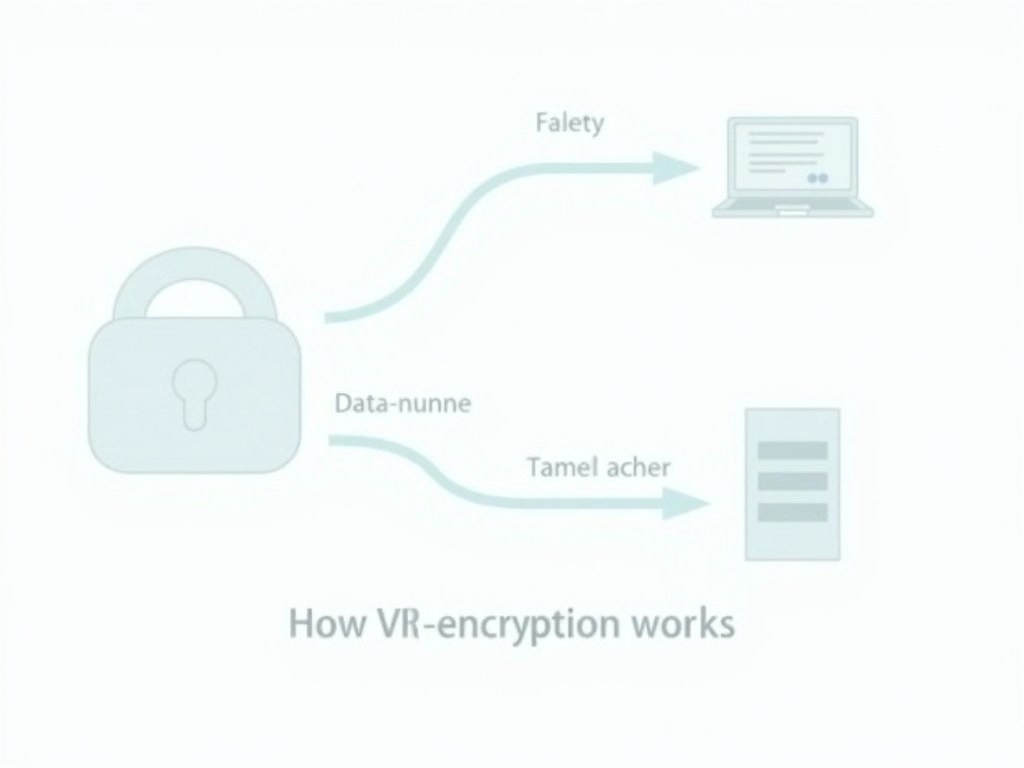
How to Set Up a VPN for Maximum Privacy
Setting up a VPN is straightforward, but configuring it for maximum privacy requires attention to detail.
Step-by-Step VPN Setup: 1. Choose a Reputable VPN Provider: Research and select a VPN that offers strong encryption, a no-logs policy, and good customer support. 2. Download and Install the VPN Software: Most VPN providers offer apps for various devices, including smartphones, tablets, and computers. 3. Connect to a Server: Open the VPN app and select a server location. For maximum privacy, choose a server in a country with strong privacy laws. 4. Configure Advanced Settings: Enable features like the kill switch and split tunneling (if available) to enhance your privacy. 5. Test Your Connection: Visit a website like ipleak.net to ensure your IP address is hidden and there are no DNS leaks.
Pro Tip: Avoid free VPNs, as they often lack robust security features and may sell your data to third parties.
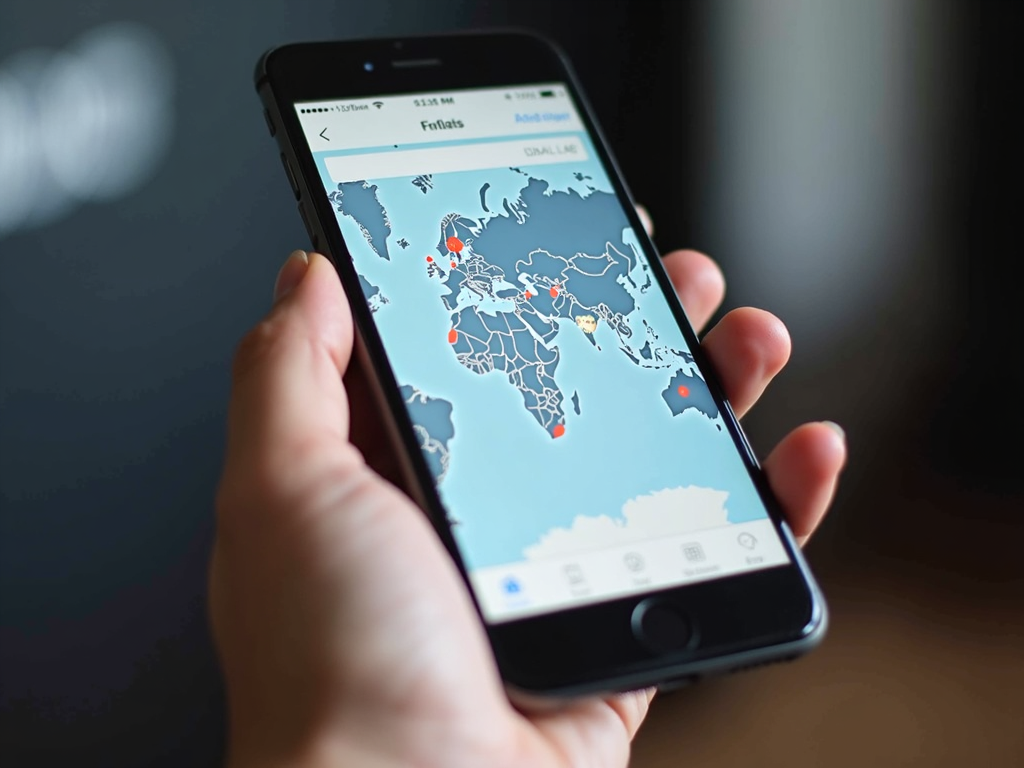
The Importance of Online Privacy
Online privacy is not just a luxury; it's a fundamental right. In an era where personal data is a valuable commodity, protecting your privacy is essential for maintaining your autonomy and security. Without proper privacy measures, your personal information can be exploited for financial gain, surveillance, or even identity theft.
Why You Should Care: - Protect Your Identity: Privacy tools help prevent identity theft by keeping your personal information secure. - Avoid Targeted Advertising: By masking your online activities, you can reduce the amount of targeted ads you see. - Maintain Freedom of Expression: Privacy allows you to express yourself online without fear of censorship or retaliation.
For a deeper dive into the ethical implications of online privacy, read this research paper from Harvard University.
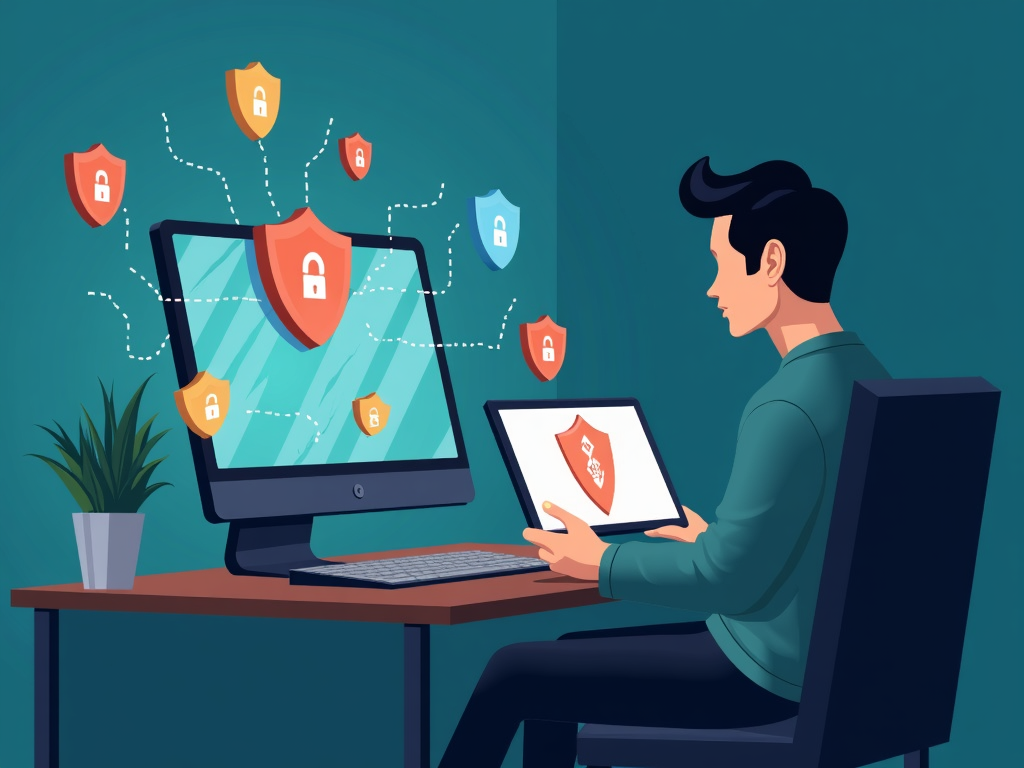
Summary
Protecting your online privacy is essential in today's interconnected world. By using tools like VPNs, password managers, and encrypted messaging apps, you can safeguard your personal information from cyber threats and unauthorized access. Remember to stay informed about the latest privacy trends and regularly update your tools to maintain maximum security. With the right approach, you can enjoy the benefits of the internet without compromising your privacy.